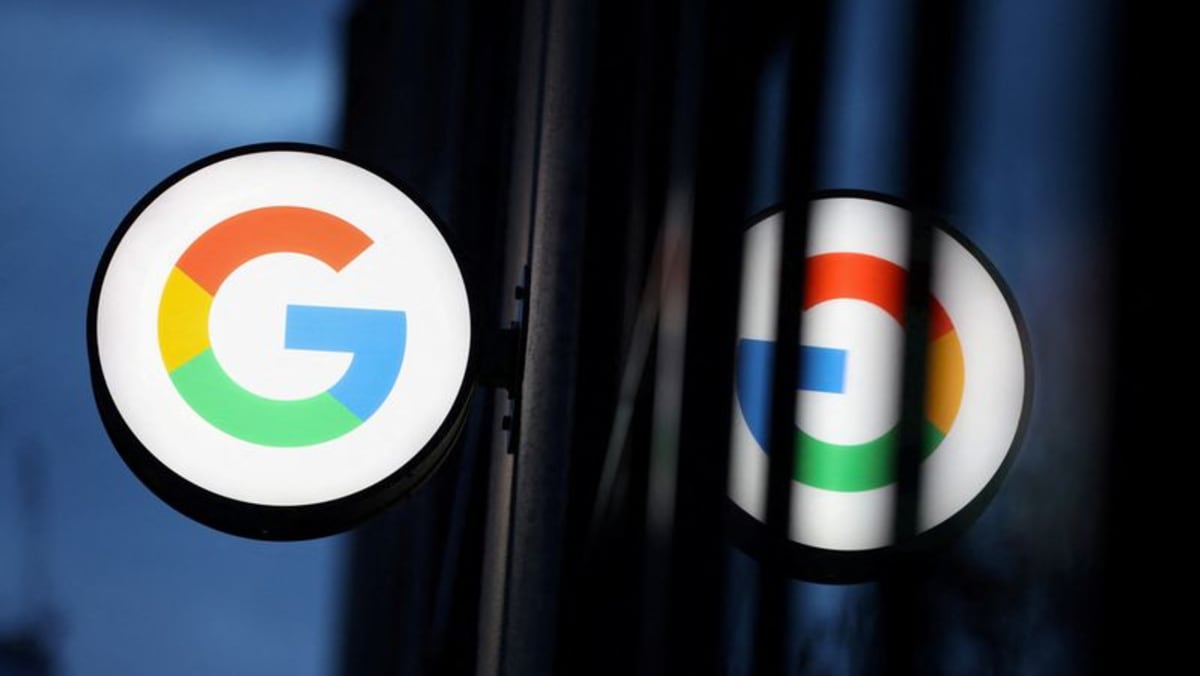INFLECTION POINT
Michael Ashley Schulman, chief investment officer at Running Point Capital, called the ruling a “major inflection point” for Google and the tech sector, underscoring US courts’ willingness to entertain “aggressive structural remedies” in antitrust cases.
“This could increase regulatory risk premiums across major tech stocks, especially those like Amazon and Meta that operate similarly integrated ecosystems,” he said.
Meta Platforms is on trial in a separate antitrust case brought by the US Federal Trade Commission accusing the owner of Facebook, WhatsApp and Instagram of holding an illegal monopoly in personal social networks. The FTC has accused Amazon.com of unlawfully dominating online retail markets. The DOJ has also sued Apple, claiming it holds a smartphone monopoly.
Those cases have been pursued during both Republican and Democratic administrations, including US President Donald Trump’s first and second term, showing the enduring bipartisan appeal of antitrust enforcement.
Google now faces the possibility of two US courts ordering it to sell assets or change its business practices. A judge in Washington will hold a trial next week on the DOJ’s request to make Google sell its Chrome browser and take other measures to end its dominance in online search.
At a three-week trial last year on Google’s ad business, the DOJ and a coalition of states argued Google used classic monopoly-building tactics. Those tactics involved eliminating competitors through acquisitions, locking customers in to using its products, and controlling how transactions occurred in the online ad market, prosecutors said at trial.
Google argued the case focused on the past, when the company was still working on making its tools able to connect to competitors’ products. Prosecutors also ignored competition from technology companies including Amazon and Comcast as digital ad spending shifted to apps and streaming video, Google’s lawyer said.
